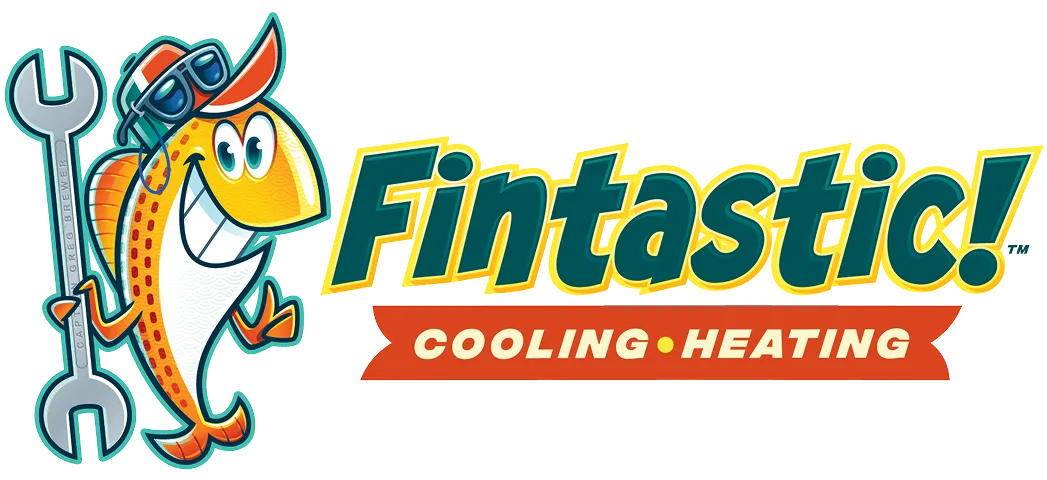Air Handler Repair in Missouri City, TX
Air Handler Repair in Missouri City, TX
A properly functioning air handler is central to year-round comfort in Missouri City, TX. With hot, humid summers and variable shoulder seasons, an air handler that’s noisy, underperforming, or failing can quickly increase energy bills, reduce indoor air quality, and strain the rest of your HVAC system.

Common air handler issues in Missouri City homes
Missouri City’s climate and local conditions create a predictable set of air handler failure patterns. The most common problems technicians see are:
- Motor failure: Burnt windings, worn brushes (on older motors), or failed capacitors can cause the blower motor to stop or run intermittently. High humidity accelerates electrical stress.
- Blower wheel or assembly problems: Dirt buildup, bent fins, or loose mounting cause vibration, reduced airflow, and noise.
- Worn or broken belts: On belt-driven blowers, frayed or stretched belts reduce airflow and increase motor strain.
- Control and electrical faults: Faulty relays, capacitors, thermostats, or control boards lead to inconsistent operation or complete shutdowns.
- Bearing wear: Bearings dry out or corrode from humidity, producing squeals or grinding.
- Drain and condensate issues: Clogged drains or corroded drain pans in humid climates cause overflow and potential water damage.
- Corrosion and coil contamination: Salt air and humidity in the Houston metro area accelerate corrosion and reduce heat-transfer efficiency.
- Airflow restrictions: Dirty filters, duct blockages, or collapsed flexible ductwork reduce comfort and can freeze cooling coils.
How air handler diagnostics are performed
A thorough diagnostic process isolates the root cause so repairs are effective and long-lasting. Typical steps include:
- Visual inspection: Check for obvious damage, corrosion, water stains, loose parts, or electrical burns.
- Electrical testing: Measure voltages, continuity, and capacitor health to identify failing components.
- Airflow assessment: Evaluate blower RPM, static pressure, and register airflow to detect restrictions or imbalance.
- Vibration and noise analysis: Pinpoint worn bearings, loose mounts, or unbalanced blower wheels.
- Control system verification: Verify thermostat signals, control board responses, and sensor accuracy.
- Moisture and drain inspection: Look for clogs, microbial growth, and corrosion in drain pans and lines.
Technicians document findings and explain repair options in clear, non-technical terms so you can make an informed decision.
Emergency air handler repair response in Missouri City
When an air handler fails during a heat wave or storm, rapid, safe response matters. Emergency repair procedures typically follow this sequence:
- Triage over the phone: A technician will ask about symptoms, current operation, and any safety concerns to prioritize the response.
- Fast arrival and safety isolation: On site, power is secured, and the unit is evaluated for electrical hazards or water leaks.
- Temporary measures: If immediate full repair isn’t possible, technicians implement temporary fixes to restore safe operation or prevent further damage—examples include bypassing a failed relay temporarily or securing a loose blower.
- Staged repair plan: After initial stabilization, the technician outlines necessary parts and a timeline for complete repairs or replacements.
Service in Missouri City may also account for local traffic patterns, weather, and storm impacts that affect response times and parts availability.
Parts replacement and repair options
Repairs can range from component-level fixes to full assembly replacement. Typical options include:
- Component replacement: Motors, capacitors, relays, belts, bearings, and control boards can often be replaced individually.
- Blower or motor assembly swap: For older or heavily damaged units, replacing the entire motor and blower assembly can be the most reliable choice.
- OEM vs aftermarket parts: OEM parts match original specifications and may maintain manufacturer warranties; quality aftermarket parts can be cost-effective but vary in warranty and compatibility.
- Rebuilt components: In some cases, professionally rebuilt motors or assemblies are a sustainable alternative.
Technicians will recommend the option that balances longevity, compatibility with the existing system, and minimizing future failures—explaining the trade-offs so you can choose with confidence.
How repair estimates are determined (what to expect)
Rather than quoting a generic price, professionals base estimates on measurable factors so you know what influences cost:
- Extent of the damage: Minor part swaps versus full assembly replacement.
- Accessibility: Attics, tight mechanical rooms, or units requiring duct disconnection increase labor time.
- Part type and availability: OEM parts, special-order components, or expedited shipping for emergencies affect timing and cost.
- System age and compatibility: Older systems may need adapter parts or additional work to meet code and performance expectations.
- Labor for diagnostics and testing: Thorough diagnostics and post-repair testing are included to ensure the repair resolved the issue.
Estimates should be written, itemized, and include expected timelines and warranty terms for parts and labor.
Preventative maintenance to avoid repeat issues
Regular maintenance reduces emergency calls, extends equipment life, and improves efficiency—especially in humid Missouri City conditions. Recommended actions include:
- Filter changes: Replace or clean filters every 1–3 months, more often during pollen season or if household pets are present.
- Biannual professional tune-ups: Inspect and service the air handler before cooling and heating seasons to catch wear before failure.
- Belt and bearing checks: Inspect belts for wear and tension; lubricate or replace bearings as needed to avoid motor strain.
- Condensate maintenance: Clean drain pans and lines, install or check float switches, and treat lines to prevent mold and clogs.
- Coil cleaning: Remove dust and debris from coils to maintain airflow and efficiency.
- Control calibration: Verify thermostat and control settings to prevent short cycling and inefficient operation.
A documented maintenance schedule and service record also help preserve warranties and resale value for Missouri City properties.
Service warranties and what they cover
Reputable repairs include transparent warranty coverage. Typical warranty elements to expect:
- Parts warranty: Coverage for replaced components, often varying by part type and manufacturer.
- Labor warranty: A limited period during which a repeat failure of the repaired component will be corrected without additional labor charges.
- Workmanship assurances: Guarantees that the repair was performed to industry standards, with corrective measures for defects.
- Warranty transfers and conditions: Some warranties require proof of ongoing maintenance or restrict coverage to the original customer—keep records of service visits.
Always review warranty terms provided in writing so you understand lengths of coverage, exclusions, and steps to make a claim.
ConclusionPrompt, professional air handler repair in Missouri City, TX prevents a failed air handler from turning into extensive system damage, higher utility costs, and poor indoor air quality. By understanding common failure modes, how thorough diagnostics are performed, what emergency response looks like, and how repairs and warranties are handled, homeowners can choose repairs that restore comfort and protect their investment. Regular preventative maintenance tailored to Missouri City’s humid climate is the best safeguard against repeat issues and unexpected breakdowns.
Customer Testimonials
Our customers praise our exceptional service and attention to detail, consistently exceeding expectations.































































